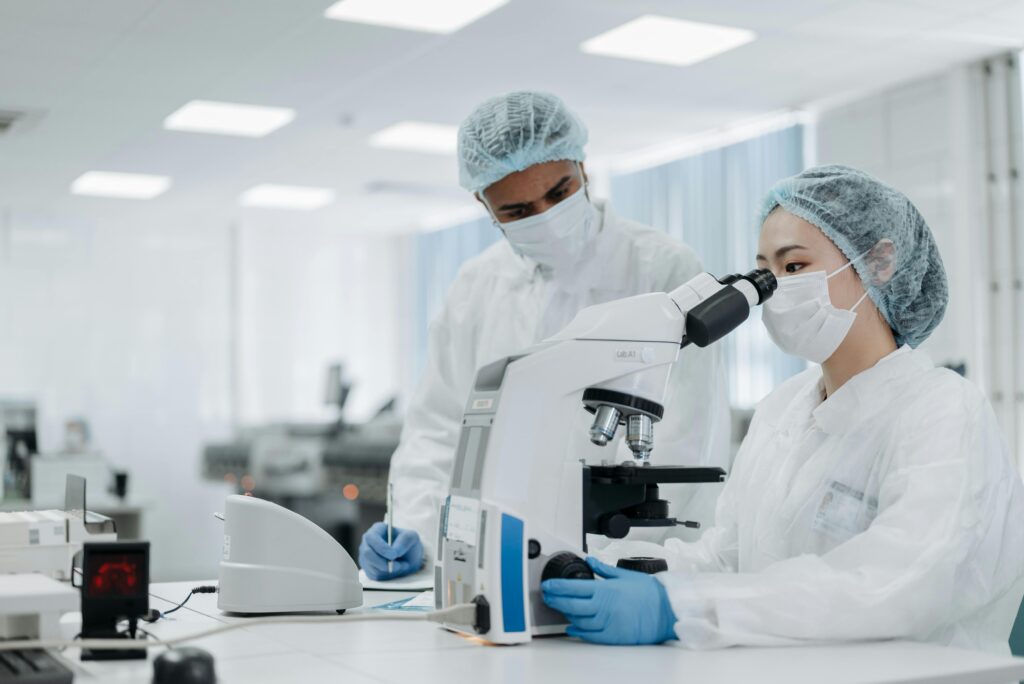Introduction
Vein health is a crucial component of overall wellness, affecting millions of people globally. Recent advancements in medical research have greatly enhanced our understanding of venous disorders and their treatments. This article delves into the latest research in vein health and treatment, highlighting innovative therapies and groundbreaking studies that are shaping the future of vein care.
Understanding Vein Health and Disorders
Overview of Vein Health
Veins are responsible for returning deoxygenated blood back to the heart. Proper vein function is crucial for maintaining circulatory health. When veins malfunction, it can lead to various venous disorders such as varicose veins, chronic venous insufficiency (CVI), and deep vein thrombosis (DVT).
Common Venous Disorders
- Varicose Veins: Enlarged, twisted veins often visible under the skin, primarily affecting the legs.
- Chronic Venous Insufficiency (CVI): A condition where the veins are unable to pump enough blood back to the heart, leading to swelling, pain, and skin changes.
- Deep Vein Thrombosis (DVT): A serious condition where blood clots form in the deep veins, typically in the legs, posing a risk of pulmonary embolism.
Latest Research in Vein Health
Genetic Factors in Venous Disorders
Recent studies have explored the genetic components of venous disorders. Researchers have identified specific genetic markers associated with a higher risk of developing varicose veins and CVI. Understanding these genetic predispositions can lead to better prevention and targeted treatments.
- Source: Genetic Basis of Varicose Veins
- Findings: The study highlights the role of genetic predisposition in the development of venous disorders and suggests potential targets for future therapies.
Innovative Diagnostic Techniques
Advancements in diagnostic imaging have revolutionized the way venous disorders are diagnosed and managed. Techniques such as high-resolution ultrasound and magnetic resonance venography (MRV) provide detailed images of vein structures, allowing for more accurate diagnoses and personalized treatment plans.
- Source: Advanced Imaging Techniques in Venous Disorders
- Findings: The research discusses the efficacy of these imaging techniques in accurately diagnosing venous conditions and guiding treatment plans.
Cutting-Edge Treatments for Venous Disorders
Endovenous Laser Therapy (EVLT)
Endovenous Laser Therapy (EVLT) is a minimally invasive procedure that uses laser energy to treat varicose veins. Recent studies have focused on optimizing the laser parameters to enhance treatment efficacy and reduce recovery time.
- Source: Optimizing EVLT for Varicose Veins
- Findings: The study outlines the improvements in EVLT technology and its impact on patient outcomes.
Radiofrequency Ablation (RFA)
Radiofrequency Ablation (RFA) is another minimally invasive treatment that uses radiofrequency energy to heat and close off problematic veins. Current research is investigating the long-term effectiveness and safety of RFA.
- Source: Long-Term Outcomes of RFA
- Findings: The research provides evidence supporting the long-term benefits of RFA in treating varicose veins.
Sclerotherapy and Foam Sclerotherapy
Sclerotherapy involves injecting a sclerosant solution into the veins to collapse them. Foam sclerotherapy, a variation, uses a foamed sclerosant for better contact with vein walls. New studies are comparing the efficacy of liquid vs. foam sclerotherapy.
- Source: Efficacy of Foam vs. Liquid Sclerotherapy
- Findings: The study demonstrates the superior effectiveness of foam sclerotherapy for larger varicose veins.
Emerging Therapies in Vein Health
Gene Therapy
Gene therapy is an emerging field with potential applications in treating venous disorders. Researchers are exploring how gene editing technologies like CRISPR can be used to correct genetic defects associated with venous insufficiency.
- Source: Gene Therapy for Venous Insufficiency
- Findings: The article discusses the early stages of gene therapy research and its promising future in vein health treatment.
Stem Cell Therapy
Stem cell therapy is another innovative approach being investigated for vein health. Stem cells have the potential to regenerate damaged vein tissue and improve circulation.
- Source: Stem Cell Therapy in Venous Disorders
- Findings: The study explores the potential benefits and challenges of using stem cells to treat venous diseases.
Lifestyle and Preventive Measures
The Role of Diet and Exercise
Research continues to emphasize the importance of lifestyle factors in vein health. Studies have shown that regular exercise and a healthy diet can significantly reduce the risk of venous disorders.
- Source: Impact of Lifestyle on Vein Health
- Findings: The research highlights specific exercises and dietary choices that support vein health.
Compression Therapy
Compression therapy remains a cornerstone in the management of venous disorders. Recent studies are evaluating the effectiveness of different types of compression garments in preventing and treating varicose veins.
- Source: Compression Therapy Effectiveness
- Findings: The article provides insights into the optimal use of compression therapy for various venous conditions.
The Future of Vein Health Research
Artificial Intelligence and Machine Learning
Artificial intelligence (AI) and machine learning are increasingly being used to enhance vein health research. These technologies can analyze vast amounts of data to identify patterns and predict outcomes, leading to more accurate diagnoses and personalized treatment plans.
- Source: AI in Venous Disorders
- Findings: The study explores the use of AI in improving the diagnosis and treatment of venous disorders.
Bioprinting and Tissue Engineering
Bioprinting and tissue engineering are emerging fields that hold promise for treating venous disorders. Researchers are exploring how these technologies can be used to create artificial veins and repair damaged tissue.
- Source: Bioprinting for Vascular Health
- Findings: The article discusses the potential applications of bioprinting and tissue engineering in vein health.
Conclusion
The latest research in vein health and treatment is driving significant advancements in the diagnosis, management, and prevention of venous disorders. From genetic studies to innovative therapies like gene and stem cell therapy, these findings are paving the way for more effective and personalized vein care. Staying informed about these developments and consulting with healthcare professionals can help individuals manage their vein health more effectively.

